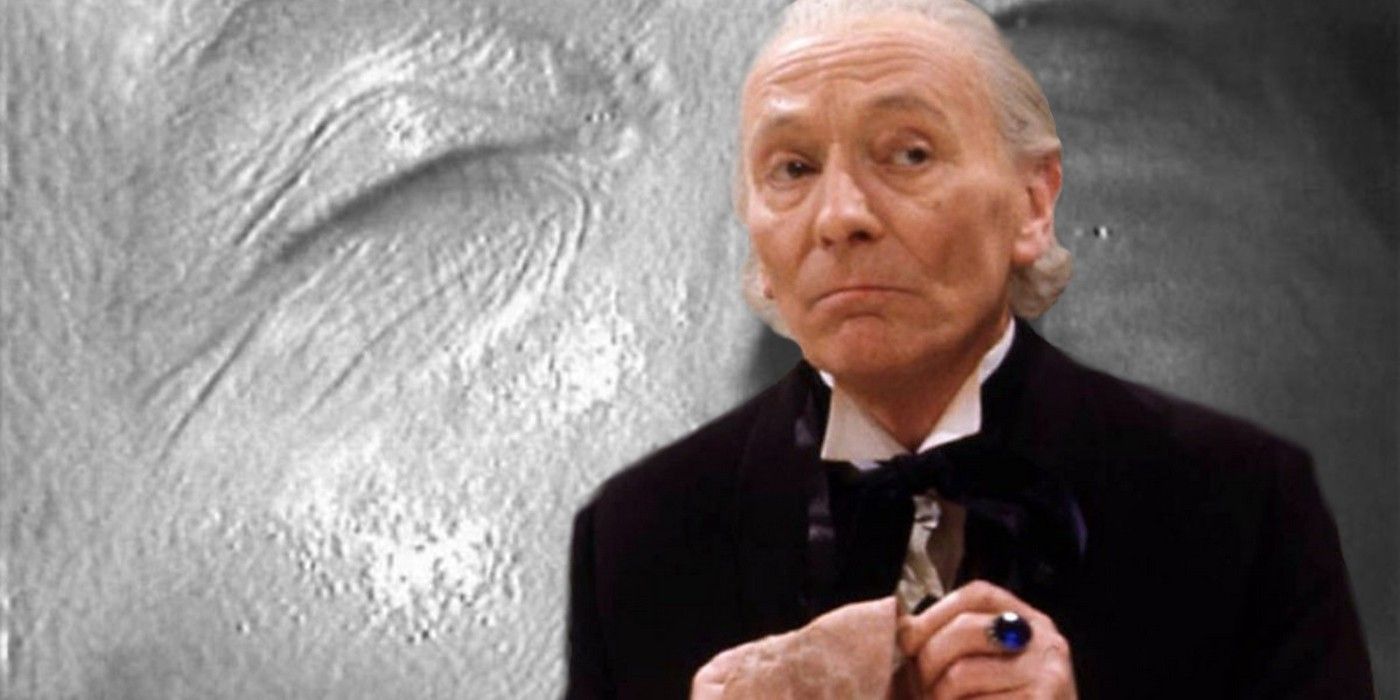Why was Doctor Who's lead protagonist first made to regenerate? In the science fiction genre, few TV shows have been as innovative as Doctor Who, and the franchise's defining concept is the process of regeneration. As a Time Lord, The Doctor is able to renew every cell in their body to avoid death, allowing a fresh actor to swoop in and take over the role while maintaining the same narrative continuity. The rules and limits of regeneration have been conveniently fluid over the decades, and were completely tossed aside with the recent Timeless Child reveal in Doctor Who season 12.
Regeneration is just one shade to Doctor Who's wheel of science fiction influence. First airing in 1963 as a modest series intended to educate and entertain youngsters, the introduction of Daleks proved Doctor Who's worth as a more adventurous serial, and over 50 years later, the TARDIS is still purring along nicely. While much has changed during that period, Doctor Who still owes a great debt to the original incarnation of the character played by William Hartnell. Debuting as Susan's eccentric grandfather in "An Unearthly Child," the First Doctor "piloted" the TARDIS for 3 years. Hartnell established The Doctor's staunch moral code, his blend of other-worldliness and humanity, and the unquenchably thirst for adventure, and with his eventual regeneration (although it wasn't named such at the time), Doctor Who's future was set.
In the modern era, each departing Doctor actor gives the usual spiel about taking on "new challenges" and leaving at "the right time" but Hartnell's exit was very different. Having played The Doctor for just shy of 3 years, Hartnell was very attached to the role and Doctor Who in general, and having already enjoyed a long and successful career in film and television, wasn't necessarily itching to seek out something new. Instead, it was ailing health that forcibly brought Hartnell's Doctor Who tenure to a close - the actor suffered from a medical condition that restricted blood flow, negatively affecting his ability to remember and deliver lines.
In later eras, this wouldn't necessarily result in Hartnell's Doctor Who exit, as provisions can now be made for actors with debilitating health issues. In the world of 1960s British television, however, both time and budgets were incredibly tight, and Doctor Who was rarely able to film multiple takes - something taken for granted in 2020. Unfortunately, this meant instances where Hartnell stumbles over his lines remain in the finished episodes, and can still be seen today, adding a bittersweet note to rewatches of the First Doctor's run. Doctor Who's production team had changed considerably since Hartnell's debut, and this also contributed to his decision to leave. A glorious return in The Three Doctors was attempted, but ultimately hampered by Hartnell's still-deteriorating health, restricting him to a background role.
It's interesting that many modern Doctor Who stars leave the role for fear of being typecast, or to capitalize on their newfound popularity, and this is to be expected, since the very nature of The Doctor is fleeting. A new actor is only one regeneration away, after all. But in 1966, The Doctor was viewed in a more traditional light, and there was no assumption that anyone but William Hartnell would ever play the character. Had health not been a factor, Hartnell might've continued to play Doctor Who for years to come, but while his time in the TARDIS was shorter than he hoped, the First Doctor's legacy far exceeds anything the actor would have anticipated back in the November of 1963.
Doctor Who returns with "Revolution of the Daleks" this Christmas on BBC.


